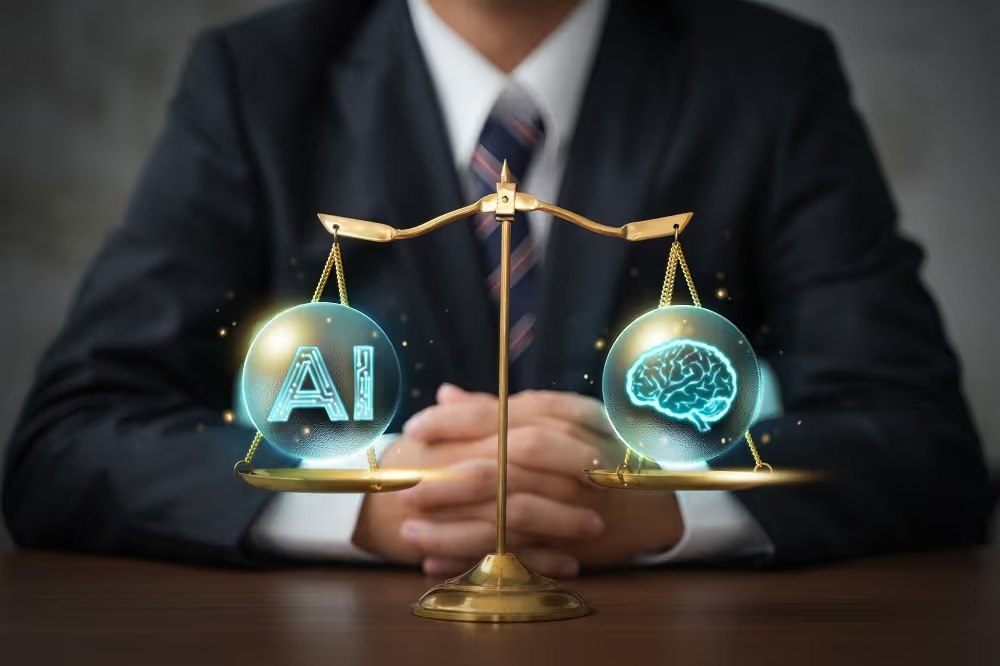
AI Bias and Discrimination
Discover the ethical challenges of AI policy when deploying a biased AI system.

Reading time: 4 minutes
AI Bias and Discrimination: Ethical Responsibility in AI Implementation
One of the most pressing ethical challenges in deploying artificial intelligence (AI) is the risk of bias—prejudice in the outcomes produced by AI systems. AI bias arises when systems generate skewed results due to inequalities in the training data. Put plainly: if a dataset contains historical prejudices, an AI system can inadvertently replicate and amplify them.
Important nuance: AI will always exhibit some degree of bias. Because AI systems are trained on social and historical data—information inherently shaped by human prejudices and context—a completely bias-free AI is an illusion. After all, we humans cannot function in society without some form of bias.
How Does AI Bias Arise?
AI systems learn from examples in the data on which they are trained. When that data is not representative—for instance, because certain groups are under-represented—the model can make unfair decisions. A concrete example: an AI model developed for urban planning but trained on data reflecting social inequality might unjustly disadvantage certain neighborhoods, leading to an unfair distribution of public resources such as infrastructure or educational facilities.
Solutions: Diversity, Validation, and Transparency
To mitigate these risks, several measures can be taken:
-
Diversity in Training Data:
Carefully curating datasets with representative data from all relevant population groups significantly reduces the risk of bias. -
Continuous Validation and Adjustment:
AI models should not be treated as static products. Regular evaluation, retraining, and adjustment are needed to detect and correct new forms of bias. -
Targeted Training for AI Developers:
Developers must be aware of the ethical implications of their work. Training in ethics and bias detection is therefore essential for everyone involved in AI development. -
Transparency in Algorithms:
Openness about how AI models work and make decisions is crucial. Only then can users and stakeholders build trust in the fairness of AI applications.
Trust in AI grows when companies are not only technologically advanced but also ethically responsible.
Why Does This Matter for Organisations?
Organisations that deploy AI bear a societal responsibility. By proactively addressing bias and discrimination, they:
- Increase trust among customers and partners,
- Avoid legal and reputational risks,
- Contribute to an inclusive and fair technological future.
Want to learn more about AI opportunities for your business? Discover your possibilities today by contacting us!


